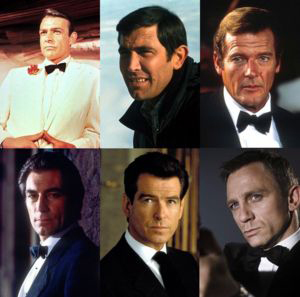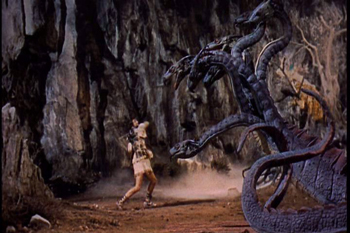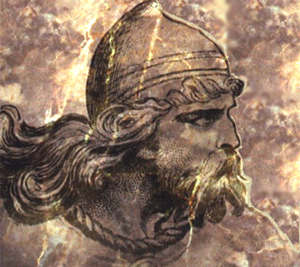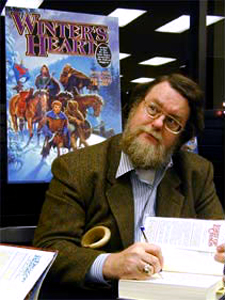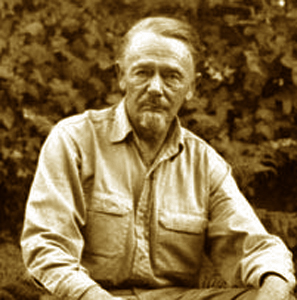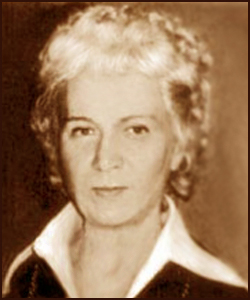Knight at the Movies: The Roots of Survival Horror

By E. E. Knight
We’re used to thinking of the monsters in horror movies, whether it be Dracula, The Blob, or Freddy. But E.E. Knight rides in to remind us that some horror movies are centered upon the characters fighting against the evil. He defines and then explores an entire sub-genre of survival horror pictures, providing us with in-depth examinations of its classic offerings, and probes the reasons its everyman heroes resonate so strongly with viewers..
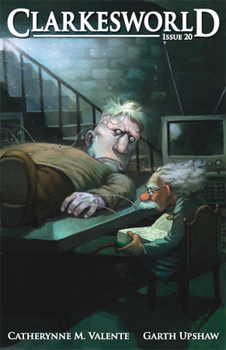 This week we lower the drawbridge at Black Gate headquarters and invite you to head out to Clarkesworld magazine for your weekly genre fix. Clarkesworld has just published a lengthy article on the profound effect that fantasy gaming has had on fantasy writing. Written by Justin Howe and Jason S. Ridler, the piece is titled “Of Dice and Men: Modern Fantasists and the Influence of Role-Playing Games.”
This week we lower the drawbridge at Black Gate headquarters and invite you to head out to Clarkesworld magazine for your weekly genre fix. Clarkesworld has just published a lengthy article on the profound effect that fantasy gaming has had on fantasy writing. Written by Justin Howe and Jason S. Ridler, the piece is titled “Of Dice and Men: Modern Fantasists and the Influence of Role-Playing Games.” 